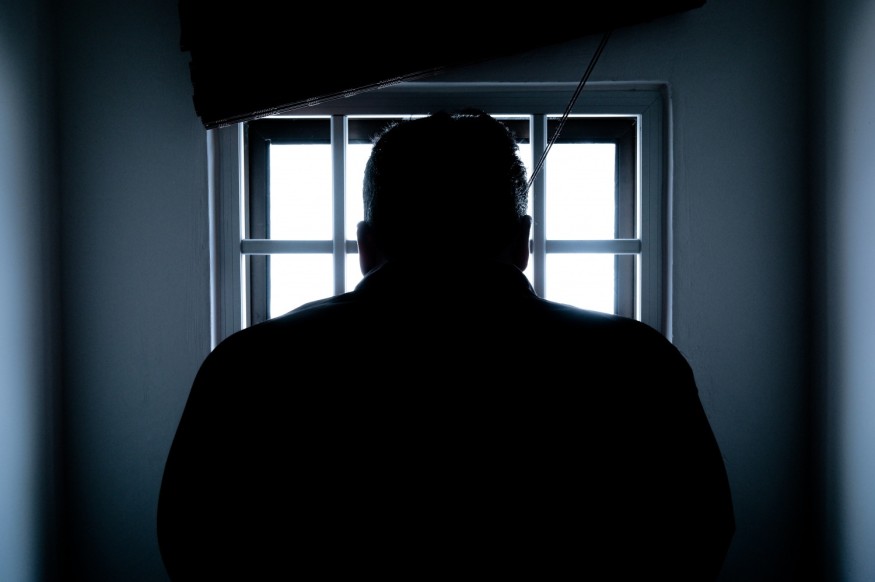Chicago Group Files 18 Federal Lawsuits Seeking Release of Detained Immigrants

The National Immigrant Justice Center or NIJC, a nonprofit group in Chicago, recently filed 18 federal lawsuits in states which include Illinois, Texas, and Wisconsin, to seek the release of more than 40 detained immigrants since the middle of March. Thus far, two lawsuits have been lost and at least 26 individuals released as of this writing.
The Chicago group contended that the pandemic has led to unsafe conditions for detained immigrants. According to reports, this was aggravated by deferring measures in an "already-backlogged immigration court system," and keeping people in detention for a longer time with inadequate protection.
According to Keren Zwick, litigation director of NIJC, the court system has set individuals up for putting them in an undoubtedly dangerous condition "while they sit and wait".
Based on information Star Tribute has gathered, early this year there were approximately 1,800 immigrant detainees across the nation that have tested positive for COVID-19. Two deaths have also been recorded and reported, the US Immigration and Customs Enforcement said.
Protective Measures to Curb Virus Spread
Officials of the Immigration and Customs Enforcement or ICE claimed they have taken "protective measures to control the spread of infection." These measures include providing hand sanitizer and masks, distancing detainees and staggered meal schedules.
Because of the pandemic, state officials said they are holding up fewer individuals and have released "hundreds of medically-susceptible immigrant detainees" who are not a threat to public safety.
In addition, ICE announced it would provide COVID-19 tests to all detainees in Tacoma, Washington, and Aurora Colorado facilities, and eventually in other places.
Nevertheless, according to detainees and advocates, such initiatives are too late as COVID-19 had quickly spread, and the testing initiative has not gone far enough to benefit around 25,000 immigrants in ICE custody.
Worried Immigrant
One of the immigrants under ICE custody was Alfredo Chavez Garcia, who spent months worrying about his health and the future of his six children. He was in an immigrant detention center in Southern Illinois, where over 50 percent of the detainees have contracted COVID-19.
Garcia, a 49-year-old widower, has high blood pressure and diabetes. He said individuals waiting for immigration hearings at the Pulaski County prison were living in close quarters with no access to soap. He added that the facility did not provide them with masks or hand sanitizers as well.
Garcia is a Mexican immigrant who has been living in the US for four decades now. He has a green card. He was released from detention in April following the federal lawsuit filed by NIJC.
Despite his release and being reunited with his kids in Chicago, Garcia said he feels that the concerns of detainees have not been heard. He refused to discuss further details as his immigration case remains pending.
Growing Pressure from Activists and Lawmakers
Incidentally, the Chicago organization has made over 60 similar efforts across the nation to help high-risk immigrant detainees get out of the detention facilities.
Such initiatives take place as ICE encounters growing pressure from legislators and activists saying the agency is not doing enough to conduct more tests and mitigate the spread of COVID-19.
ICE had reported that 45 detainees at the Pulaski County Detention Center located in Ullin have already tested positive with the virus since the public health crisis started. Ullin is a community with approximately 400 residents on the southern tip of Illinois.
The outbreak, based on a letter sent to the Homeland Security and Health and Human Services departments in late May, has provoked US senators Tammy Duckworth and Dick Durbin to seek investigation from federal inspections on the conditions of detention centers, referring to unnecessary risk and probable strain "that an outbreak could occur on inadequate local health resources."
Check these out:
Subscribe to Latin Post!
Sign up for our free newsletter for the Latest coverage!
















